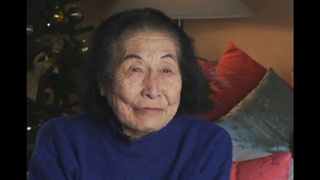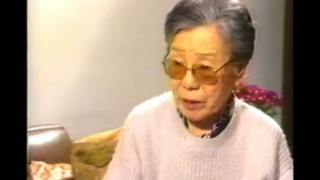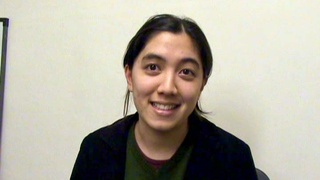Interviews
Teacher who helped with lisp
In the 8th grade, I had a very bad lisping. And I realized…I began to feel that I could not hope to become a lawyer unless I could overcome my lisping. I was very fortunate in having a teacher, Mrs. Hamada, who was my core (?) studies teacher—two periods a day—and she was my teacher for three years. And she understood what my frustrations were.
And she had me come over, and she told me, “Can you come over and help me this weekend? I want to do some things around the classroom.” And she would ask me to come with the pretext that I was going to go there to help her, and instead she wanted to spend time and have me read to her. And I don’t know how many books I read aloud to her. And she encouraged me to enter orator contests. She had me appointed as a defense attorney for our student court. And she really helped me to overcome some of the speech difficulty that I had.
Even after I left the Central Intermediate school, she encouraged me to continue to do speech. And when I represented my high school in Oahu finals, she would come and listen, and she would tell me, “Oh, I can’t imagine that I’m listening to the same George Ariyoshi.”
Date: December 15, 2003
Location: Hawai`i, US
Interviewer: Art Hansen
Contributed by: Watase Media Arts Center, Japanese American National Museum.














